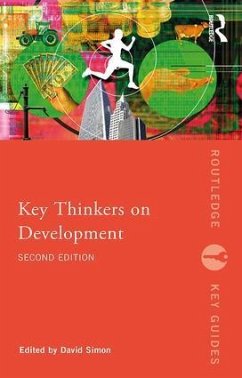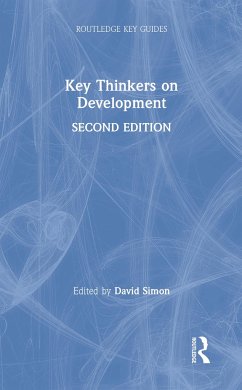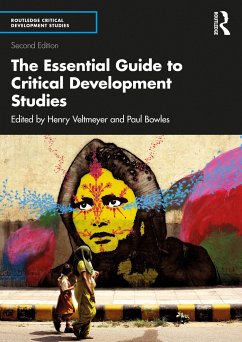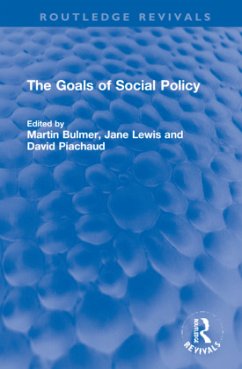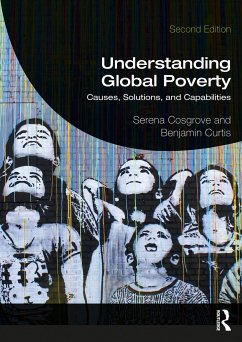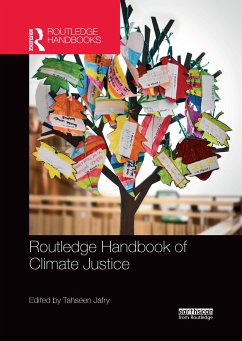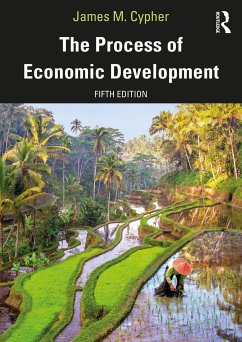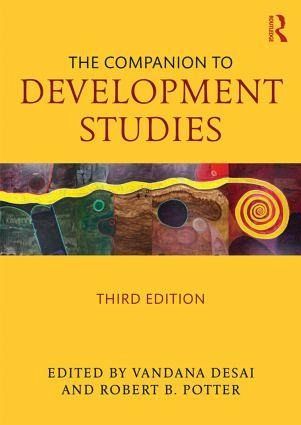
Broschiertes Buch
The Companion to Development Studies
Versandkostenfrei!
Versandfertig in 2-4 Wochen

PAYBACK Punkte
48 °P sammeln!




The Companion to Development Studies offers a cutting-edge overview of the field of development studies from leading international academics.
Vandana Desai is Senior Lecturer in Human Geography, Department of Geography, Royal Holloway University of London. Robert B. Potter is Professor Emeritus, Department of Geography and Environmental Science, University of Reading.
Produktdetails
- Verlag: Taylor & Francis Ltd
- 3 ed
- Seitenzahl: 626
- Erscheinungstermin: 10. März 2014
- Englisch
- Abmessung: 244mm x 174mm x 38mm
- Gewicht: 1048g
- ISBN-13: 9781444167245
- ISBN-10: 1444167243
- Artikelnr.: 36705679
Herstellerkennzeichnung
Libri GmbH
Europaallee 1
36244 Bad Hersfeld
gpsr@libri.de
Für dieses Produkt wurde noch keine Bewertung abgegeben. Wir würden uns sehr freuen, wenn du die erste Bewertung schreibst!
Eine Bewertung schreiben
Eine Bewertung schreiben
Andere Kunden interessierten sich für


